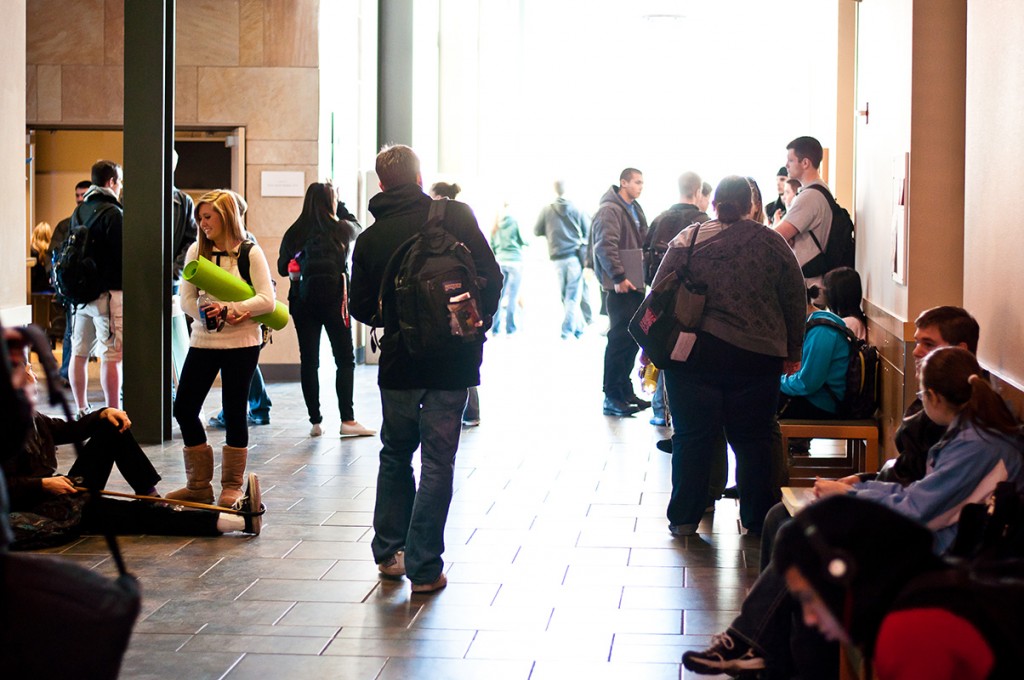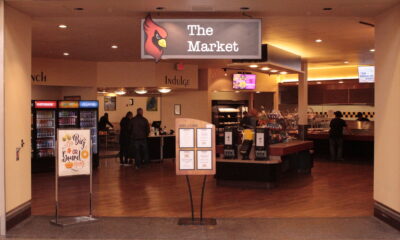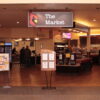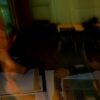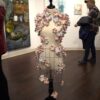News
NIC Gay-Straight Alliance to hold speaker’s bureau
The NIC Gay-Straight Alliance (GSA), in coordination with the NIC Cultural Diversity Committee, is now offering an LGBT Speaker’s Bureau.
The panel will include three to four panelists and a moderator. After being briefly introduced, each panelist will take a few moments to share a portion of their story with the audience. After this will follow a question-and-answer period, in which the panel will answer questions asked by the audience and prepared questions from instructors or advisers.
The panelists will all have received prior training, and each time are specially selected to represent the different demographics of the LGBT community, as well as to be tailored to the given audience and purpose of the panel.
For example, if the panelists are meeting in the residence hall, they might share stories pertaining to campus life, or if meeting a parents group, they might relate stories about how their lifestyle or identity might have affected their family.
According to Jon Downing, faculty co-adviser for the GSA, the purpose of the program is to allow members of the LGBT community and their straight allies to have a platform to discuss issues, educate and share stories with students, faculty and community members, as well as to break down myths and stereotypes.
“Having met even just one gay person or one transgender person in their life opens up the thought process for a lot of people, because most people’s own personal prohibitions or their own barriers to grasping the knowledge or wanting to grasp the knowledge, is that they haven’t met anybody who is LGBT,” Downing said.
The panel isn’t just for the LGBT community however, Downing said. He would like anyone that feels like they belong in a “non-normative” group or identity to come forward and volunteer.
“I advertised this to the Gay-Straight Alliance; they are the ones that are supplying the majority of the panelists, but the panel is literally open to anybody,” Downing said. “I hope it’s not just seen as the GSA’s putting it on, because it’s not just limited to the GSA members, it’s for anyone on campus.”
An issue the panels will address is the correct terminology to use when addressing members of the LGBT community. According to Downing, the panel might discuss whether terms such as “queer” are still inappropriate.
“Queer used to be a derogatory term; now it’s reclaimed, at least among the young people,” Downing said.
Another explanation might involve the gender-neutral “hir” that is sometimes employed. “There might be questions like ‘How do you want to be asked about your identity?’ or ‘Is it OK if I use this and that word,’” Downing said.
Clarifying terminology is just one way Downing said he hoped the panel will be used. He said the goal is for it to be a reference tool that can fill in the gaps of knowledge that professors and instructors don’t have, and a way for LGBT youth to break down barriers and share with their community.
Although Downing said he has met no resistance from administrators, he noted that the process of preparing the panel is not entirely smooth, as they had to find a sensitive way to address hot topics such as sex, where frank discussion could offend some. Another issue, particularly with NIC’s dual-enrollment programs, might be parents’ objection to minors being part of the audience, as well as a potential legal problem with the state.
One way the panel will deal with heated issues, particularly religion, will be by having a moderator to help diffuse any problem situations that might arise during the question and answer portion of the program.
“If the discussion turns to something like, ‘Well the Bible says this…,’ [the moderator will say] ‘Okay, hold on, we’re not here to debate religion,’” Downing said.
However, Downing says the subject of religion is not totally off-limits. Questions asking panelists how they came to terms with their identity in terms of religion or philosophy are considered acceptable.
The moderator, who will be chosen by the panel members, will be someone experienced in dealing with panel programs, who has been through the process several times. Another qualification for a moderator is being familiar with the LGBT community, and is comfortable with the accepted terminology.
Even with a moderator to control heated exchanges, there remains risks for the participants in the panel.
“As part of the panelists’ training, we go over safety. At my experience at WSU, we had a couple of panelists who were recognized after hours in one of the parking structures there and they had to be hospitalized because of physical injuries sustained from the beating,” Downing said.
Another challenge panelists might face could be their own potential anxieties at having to be the center of attention, compounded by the pressures of being, what is essentially, an ambassador of their specific community. According to Downing, panelists sharing their story, then having audience members pick it apart with questions can cause them to feel scrutinized.
Downing might be the best person to be able to understand all this himself, having served LGBT Speaker’s Bureaus at both the University of Idaho and Washington State University.
“You don’t have to agree with us, but as human beings, we need to respect each other, and that respect means being able to talk to someone, to be able to tolerate someone,” Downing said. “By feeding people the information we plan to give them, a growth tolerance is what I’m hoping for. The verbal threats, the physical threats, I think those will definitely be impacted by this program.”
Downing said panelists were trained at the end of last semester, and he’s already been contacted by several enthusiastic faculty members that want to host the panel in their class, although no exact dates have been set up yet.
For more information, or if you are interested in inviting the panel to your classroom or training event, please contact the NIC Gay-Straight Alliance advisers Jon Downing at Ext. 7149 or jadowning@nic.edu or Linda Michal at Ext. 3374 or
ljmichal@nic.edu.
Christina Villagomez is the current Managing Editor and former News Editor at the Sentinel. Described by a previous employer as being a jack-of-all-trades-writer and a bit of a spark-plug, Christina enjoys writing hard news stories when she's not attending board of trustee meetings in her spare time. Christina was previously a staff writer at the Panhandle Sun, and is the three-time winner of the Most Cheerful Award at her old elementary school as well as several Idaho Press Club Awards and a Region Ten Mark of Excellence Award from The Society of Professional Journalists for her news writing.


